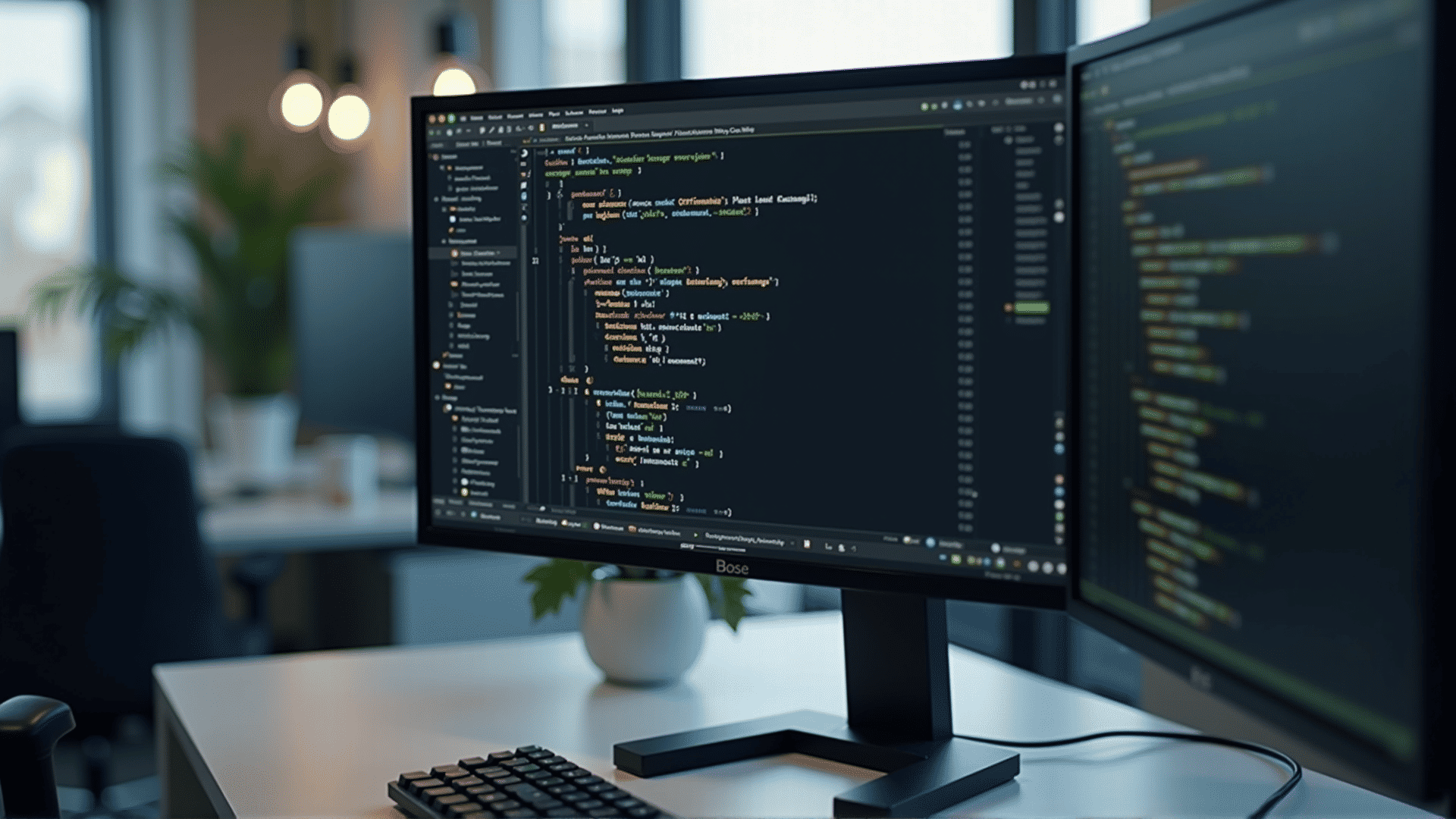In the dynamic world of computing, adopting best practices in coding is vital to ensure that code remains robust, efficient, and easy to maintain in the long term. These practices not only facilitate better collaboration among team members but also enhance the overall quality of the digital products we create. Here are some essential practices every developer should consider:
-
Consistent Naming Conventions: Using clear and consistent naming conventions is fundamental. Names of variables, functions, and classes should be descriptive enough to make the purpose instantly recognizable. This aids significantly in maintaining code as it allows developers to comprehend the function of each component quickly, even if they were not the original authors.
-
Modular Design: Breaking down programs into smaller, manageable modules is an effective strategy. Each module should ideally perform a single function or task. This modular approach provides flexibility and makes the process of debugging and updating a much smoother experience.
-
Code Comments and Documentation: While well-written code should be self-explanatory, comments are invaluable for explaining complex logic and decisions. Documentation is essential, not just for guiding other developers but also for reminding yourself of the intricacies of your implementation in the future.
-
Version Control Systems: Utilizing version control systems is non-negotiable when it comes to managing changes in code. These systems allow developers to keep track of every modification, collaborate better, and restore previous versions when necessary.
-
Code Reviews: Systematic reviews by peers can uncover issues that might have been overlooked by the original coder. They also provide a platform for learning and sharing knowledge among team members, ultimately improving the skill set of the entire team.
-
Automated Testing: Implementing automated tests ensures that code modifications do not introduce new bugs. This practice saves time in the long run and gives developers the confidence to make changes and improvements without fear of unintended consequences.
-
Maintain Code Simplicity: Strive for simplicity in code to enhance readability and reduce errors. Complex solutions might seem impressive but can lead to increased maintenance efforts. The key is to find a balance between simplicity and comprehensiveness.
-
Adopt Standard Frameworks: Using standard frameworks and libraries speeds up development and provides a well-tested base to build upon. These frameworks often come with best practices built-in, which can streamline the development process.
-
Refactoring: Committing to regular refactoring helps in cleaning up the codebase, removing redundancies, and optimizing performance. Refactoring should be a part of ongoing development rather than a once-in-a-while activity.
-
Security Considerations: Integrating security measures throughout the development process is crucial. Awareness and understanding of potential vulnerabilities can prevent exploitation and protect both the end-users and the integrity of the digital product.
By integrating these practices into the development workflow, developers ensure the creation of high-quality, sustainable, and scalable code. It's essential to continuously evolve and adapt these strategies as technologies and methodologies change, ensuring that each line of code contributes positively to the overarching goal of effective digital development.
